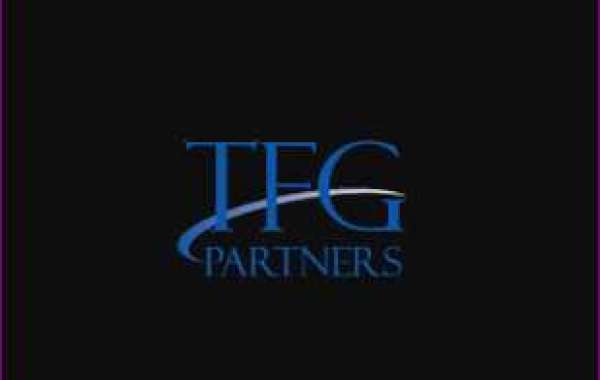One thing that is certain about healthcare costs is that they increase yearly. Even in times of low inflation, they continue on an upward trend. It keeps everyone in the financial equation under pressure, including large employers that self-fund their plans. Having a medical claim auditing service to review payments is even more of a must during rapidly inflationary times. Regardless of how many accuracy guarantees third-party claim processors make, checking recent charges is the only way to know for sure about correctness. Plan sponsor oversight is never more crucial than it is when costs escalate.
In addition to reviewing claim payments, an audit may examine the basis for the charges, and then the cost-containment opportunities expand. For example, duplicate tests and services, or ones that make following ones unnecessary, result in overutilization with no benefit to the member. Those sorts of wasteful and unnecessary practices also drive up costs the strain budgets. When auditing flags them and leads to conversations with providers and claim processors, plans can leverage opportunities for savings that add up over time. When providers know you're watching, they are more careful in their actions.
Technological advances have driven much of the improved audit capability without increasing the price of the service. As software and systems are fine-tuned to pick up every necessary detail, it's easier than ever to conduct thorough oversight. In the early days of claims audits, random samples were run with more human oversight. Now, electronic claim reviews can check 100 percent of claims, and less human intervention is required. The best auditors are specialists who have developed proprietary systems that can audit any third-party processor. They can help with your cost containment initiatives.
As we enter the coming year, changes in Federal law affecting Medicare may bring cost shifting for some pharmaceutical products. As Medicare pays lower negotiated prices, drug companies may try to recoup revenue elsewhere. Even if your PBM is on red alert, having an audit review as a backup makes sense. Whenever there is an actual rate charge for the most significant payers, it is bound to cause turbulence in the marketplace. Year after year, experience shows pharmaceutical companies are adept at practices that enhance their revenue. Adding extra lines of defense for your plan makes good long-term sense.










